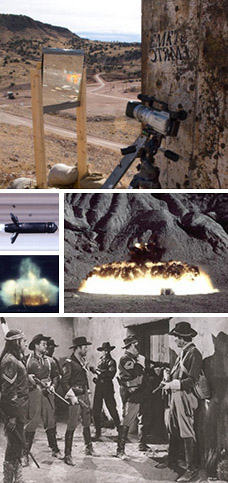
and Analysis CT Training E
ngineering/Test and Evalu
ation Training, Safety and Security Division Associate Director - Dennis Hunter SAIC Coordination Anti-Terrorism Training Domestic Training Safety Security Visitor Control Range Operations Division Manager of Field Operations - Jessy Taylor Inventory Field Operations Instrumentation/Photo Supp
ort
Ordnance Support
Machin
e Shop
Field Support
Ve
hicle/Equipment Main
tenance Edit Studio and Photo Lab Finance, Administration and Accounting Division Associate Director - Mona Torres Grants and Contracts Administration Finance/Accounting Direct Cost Analysis Payroll Publications Purchasing Inventory Program Development Division Associate Dir
ecto
r - David Williams
New
3 credit hours: $768.35
Business Developmen
t Capture & Proposal Process Management Corporate Liaison International Business Director, Southern Border Training & Technical Assistance Project Chemistry Laboratories Department H
Fax:ead - Dr. Graham W alsh
Analysis of expl
osive and non-explo
sive materials
Synthesis
and evaluation
of explosives
De
velopment of proc
esses and industrial problem-solving protocols
Scale-up of sy
nthetic methods and remote mixing facilities
Electrostatic discharge, drop hammer, and friction test
s
Information Technology Branch
IT Branch Manager - Alan Roes
Network Services
Computer Support
Public Key Infrastruc
ture (PKI) Services
Website Services
President of New Mexico Tech
EMRTC is a research division of the New Mexico Institute of Mining and Technology (New Mexico Tech) located in Socorro, Ne

